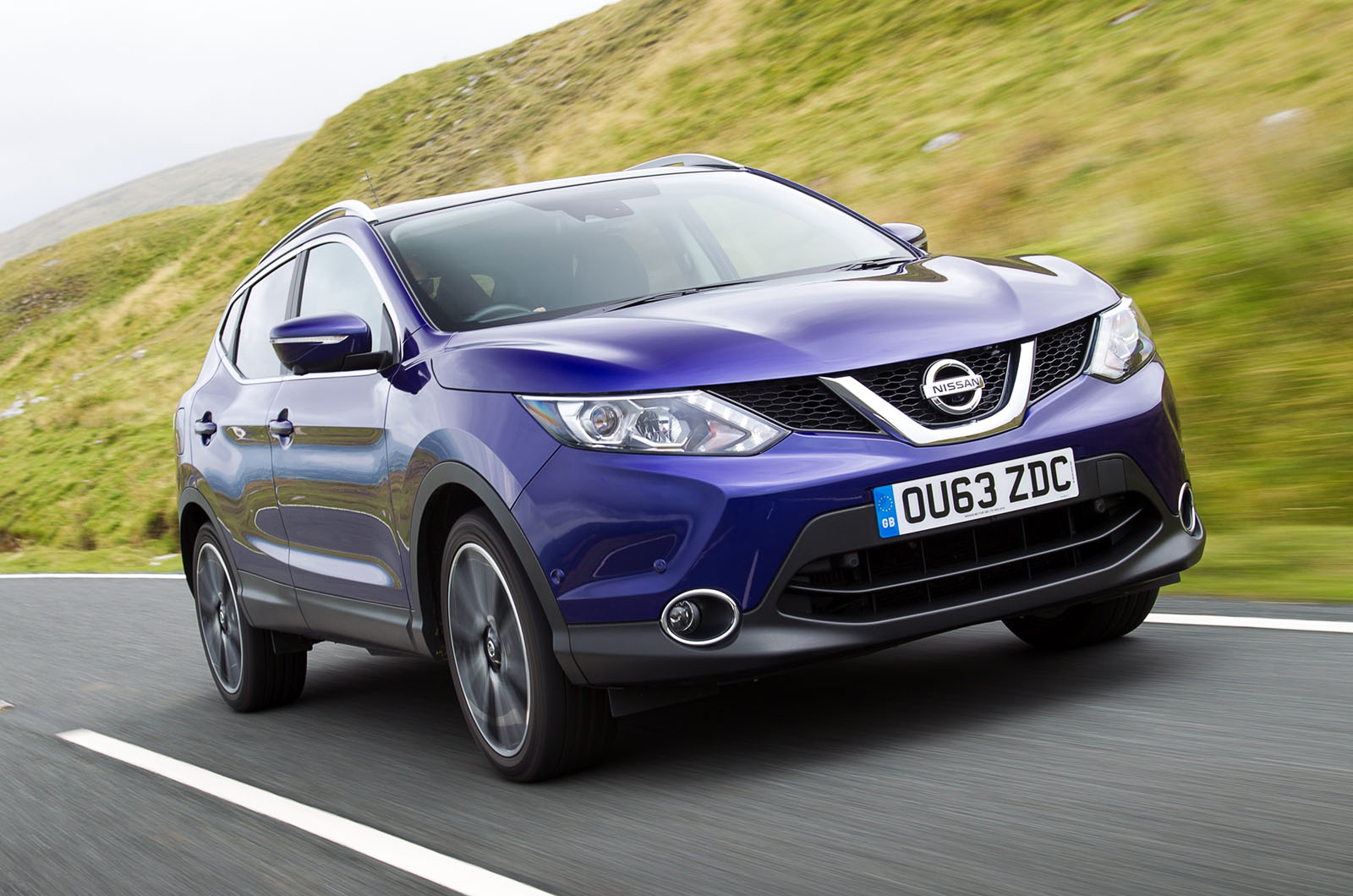Nissan Motor says it has reached a breakthrough in achieving a 50 percent thermal efficiency with its in-development e-POWER hybrid technology, which could lead to a further reduction of car CO2 emissions.
This new thermal efficiency level would improve fuel consumption by 25 percent over the 40 percent thermal efficiency level in the upcoming e-POWER engine, Reuters reported the company as saying.
“Nissan’s latest approach to engine development has raised the bar to world-leading levels, accelerating past the current auto industry average range of 40 percent thermal efficiency, making it possible to even further reduce vehicle CO2 emissions,” the company said in a statement.
Nissan did not disclose when the e-POWER technology with 50 percent thermal efficiency would be launched.
Toshihiro Hirai, senior vice president of the powertrain and EV engineering division at Nissan, told reporters on Friday that the automaker is maximising the thermal efficiency of e-POWER in order to reduce CO2 emissions while driving.
The e-POWER, first introduced in Japan in 2016, uses a gasoline engine to charge a battery that powers the vehicle.
“It took 50 years to increase thermal efficiency (of conventional engines) from 30 percent to 40 percent,” Hirai said.
“But with e-POWER, we can increase it to 50 percent in several years. That has been the target for the engineering community,” he said, describing that level as the “ultimate, challenging goal”.
Diluted air-fuel mixture
To achieve this, Nissan said it strengthened in-cylinder gas flow and ignition, which burns a more diluted air-fuel mixture at a high compression ratio.
“Without building up these fundamental technologies, we are unable to attain carbon neutrality,” said Hirai.
The carmaker said in February that all of its new models in key markets would be electrified by the early 2030s to achieve carbon neutrality by 2050.
Nissan has also said it expects sales of more than one million electrified vehicles per year by the end of fiscal 2023.

